This post was originally published on Radio Free.
-
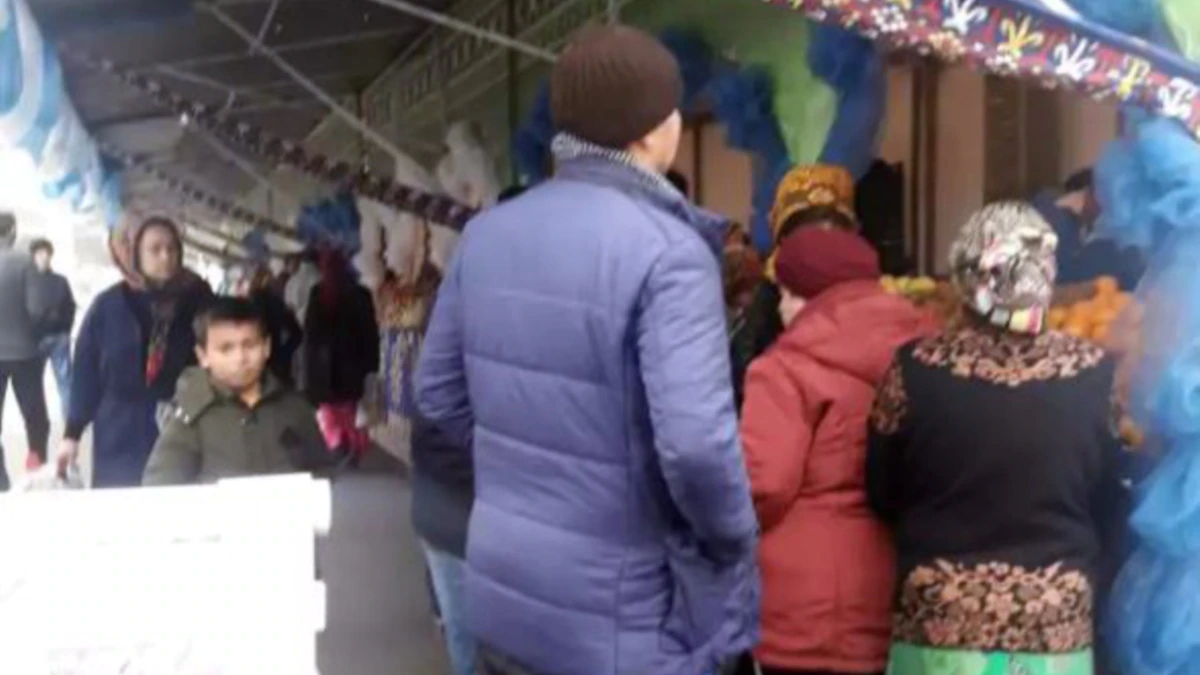
Turkmenistan has the fourth-largest reserves of natural gas in the world and many years ago was touted by its first president as being destined to become a second Kuwait.
Turkmenistan has now become a country where people stand in long lines for rations of bread, dig through garbage for scraps and things they might possibly be able to sell, while the government celebrates horses and dogs.
Turkmenistan’s economy has been in dire shape for more than half a decade now and the standard of living for the country’s people continues to drop.
And recently, current President Gurbanguly Berdymukhammedov has been guiding his son Serdar up the hierarchy of the government leading to speculation the presidency will be passed from father to son and the mismanagement that characterizes the Turkmen government will continue for another generation.
On this week’s Majlis Podcast, RFE/RL Media-Relations Manager Muhammad Tahir moderates a discussion that looks at the deterioration of Turkmenistan.
This week’s guests are: from the Netherlands, Ruslan Myatiev, the head of the Turkmen.news website; from Prague, Farruh Yusupov, the director of RFE/RL’s Turkmen Service, known locally as Azatlyk; and Bruce Pannier, the author of RFE/RL’s Qishloq Ovozi blog.
Listen to the podcast above or subscribe to the Majlis on iTunes or on Google Podcasts.
This post was originally published on Radio Free.
-

Turkmenistan has the fourth-largest reserves of natural gas in the world and many years ago was touted by its first president as being destined to become a second Kuwait.
Turkmenistan has now become a country where people stand in long lines for rations of bread, dig through garbage for scraps and things they might possibly be able to sell, while the government celebrates horses and dogs.
Turkmenistan’s economy has been in dire shape for more than half a decade now and the standard of living for the country’s people continues to drop.
And recently, current President Gurbanguly Berdymukhammedov has been guiding his son Serdar up the hierarchy of the government leading to speculation the presidency will be passed from father to son and the mismanagement that characterizes the Turkmen government will continue for another generation.
On this week’s Majlis Podcast, RFE/RL Media-Relations Manager Muhammad Tahir moderates a discussion that looks at the deterioration of Turkmenistan.
This week’s guests are: from the Netherlands, Ruslan Myatiev, the head of the Turkmen.news website; from Prague, Farruh Yusupov, the director of RFE/RL’s Turkmen Service, known locally as Azatlyk; and Bruce Pannier, the author of RFE/RL’s Qishloq Ovozi blog.
Listen to the podcast above or subscribe to the Majlis on iTunes or on Google Podcasts.
This post was originally published on Radio Free.
-
This post was originally published on Radio Free.
-
This post was originally published on Radio Free.
-
This post was originally published on Radio Free.
-
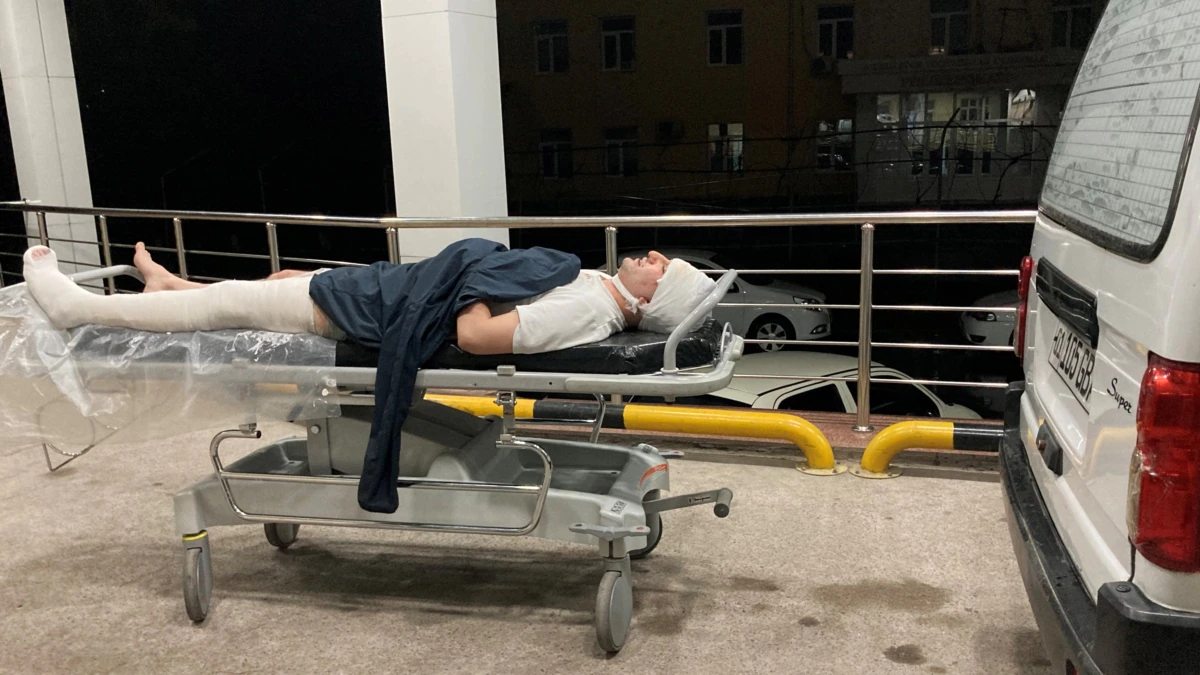
Since 2016, when Uzbekistan’s first president, Islam Karimov, died, the authorities have been working to change the image the country inherited from Karimov as a chronic rights abuser.
There have been some signs of progress but starting in late February, things began to fall apart.
A group trying to register as an opposition party was harassed and some of its members attacked; activists trying to form the country’s first independent labor union came under pressure; calls for changing laws against the LGBT community were flatly rejected and met with violence; and a new law was introduced making it a crime for bloggers and others to insult the honor of President Shavkat Mirziyoev on the Internet, less than half a year before he is due to run for reelection.
On this week’s Majlis Podcast, RFE/RL media-relations manager Muhammad Tahir moderates a discussion on the regression in Uzbekistan’s declared domestic reforms.
This week’s guests are: from Uzbekistan, Dilfuza Kurolova, human rights lawyer and founding curator of Global Shapers’ Tashkent Hub; also from Uzbekistan, Dilmira Matyakubowa, co-director of Uzinvestigations and a fellow at the London-based Foreign Policy Center; veteran Central Asia watcher Steve Swerdlow, who is a rights lawyer and currently associate professor of the practice of human rights at the University of Southern California; and Bruce Pannier, the author of the Qishloq Ovozi blog.
Listen to the podcast above or subscribe to the Majlis on iTunes or on Google Podcasts.
This post was originally published on Radio Free.
-
This post was originally published on Radio Free.
-
This post was originally published on Radio Free.
-
This post was originally published on Radio Free.
-
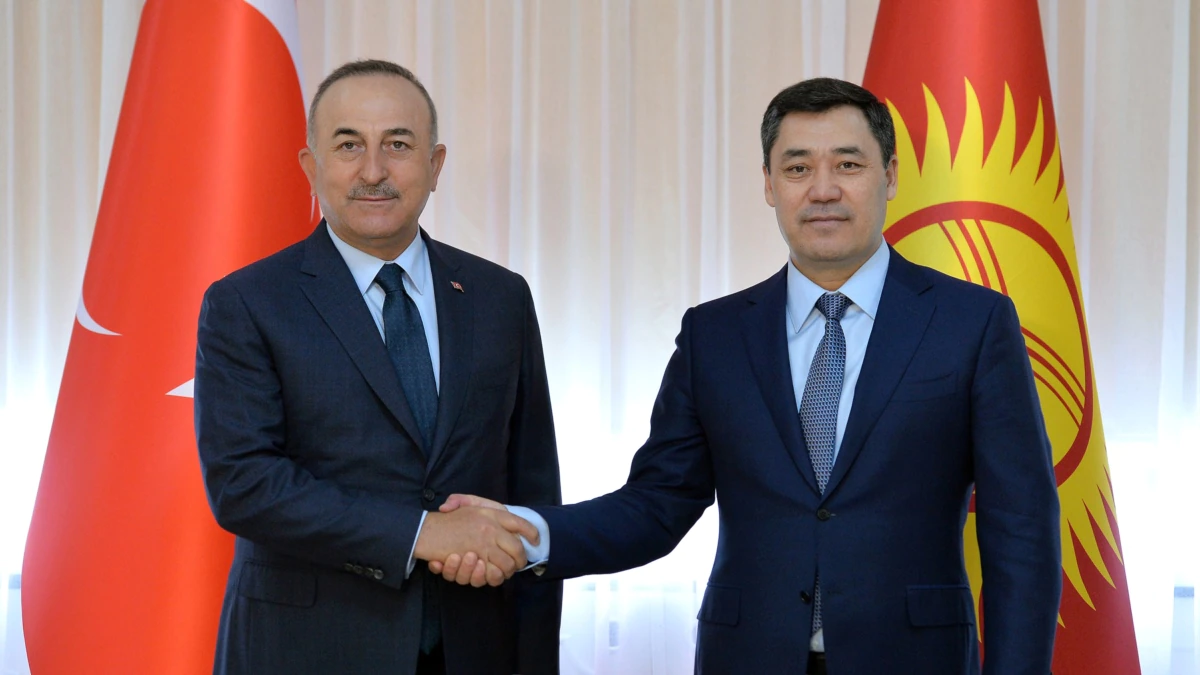
Turkish Foreign Minister Mevlut Cavusoglu visited three Central Asian countries from March 6 to 9.
Boosting trade was a big part of Cavusoglu’s mission during his visit to Turkmenistan, Uzbekistan, and Kyrgyzstan, but there were unique reasons for the Turkish minister’s visit to each country.
On this week’s Majlis Podcast, RFE/RL media-relations manager Muhammad Tahir moderates a discussion on Turkish-Central Asian ties and what Cavusoglu was doing in Turkmenistan, Uzbekistan, and Kyrgyzstan.
This week’s guests are: from the United Kingdom, Gul Berna Ozcan, reader in international business and entrepreneurship at the Royal Holloway University of London; from Bishkek, Medet Tiulegenov, assistant professor at the American University of Central Asia; and Bruce Pannier, the author of the Qishloq Ovozi blog.
Listen to the podcast above or subscribe to the Majlis on iTunes or on Google Podcasts.
This post was originally published on Radio Free.
-
This post was originally published on Radio Free.
-
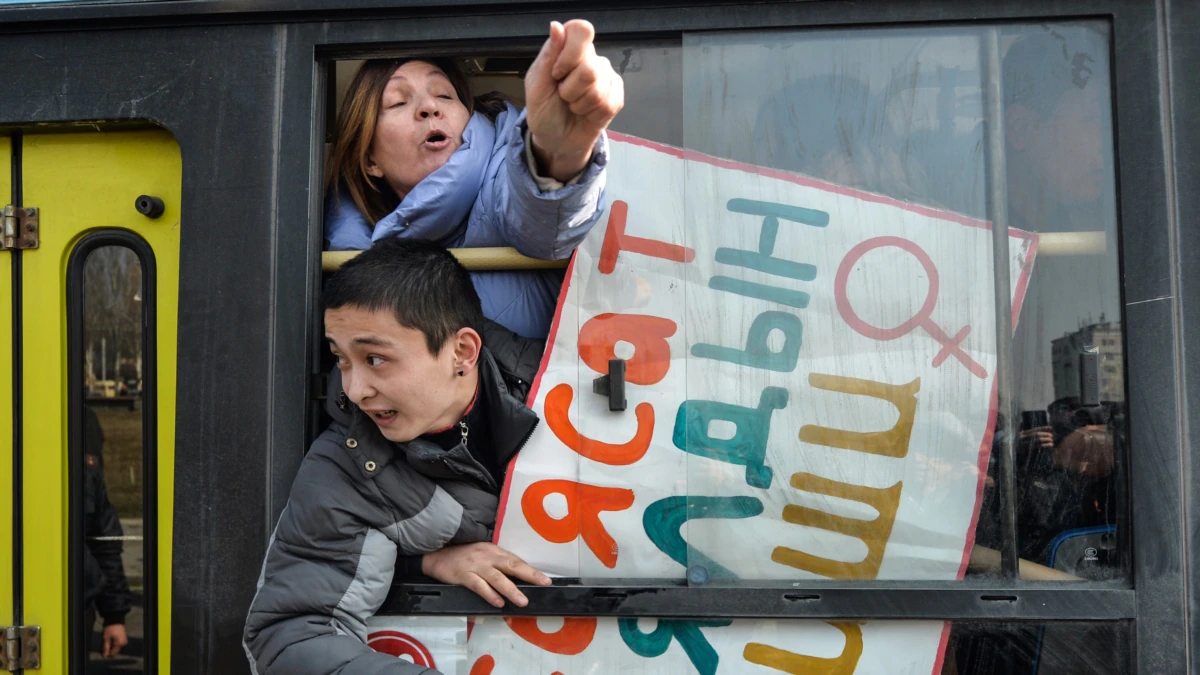
As Central Asian countries mark International Women’s Day on March 8 this year, it also marks roughly one year since the coronavirus became a global pandemic.
The spread of the virus prompted a series of measures in countries throughout the world, including lockdowns that saw millions of people confined to their homes for periods of time.
Incidents of domestic violence jumped in many places.
Public events were prohibited in many countries, including rallies in Central Asia to raise awareness of gender violence and promote equal rights were restricted, so many advocacy groups for women’s rights shifted their message to social networks and other media to continue fighting for women’s rights in the patriarchal societies of Central Asia.
On this week’s Majlis Podcast, RFE/RL media-relations manager Muhammad Tahir moderates a discussion on what has changed in the last year, the challenges that remain, and what is being done to bring gender equality to the region and end violence against women.
This week’s guests are: from Bishkek, Natalia Nikitenko, a deputy in Kyrgyzstan’s parliament; from Tashkent, Irina Matvienko, journalist, rights defender, and founder of NeMolchi.uz, an organization fighting to end violence against women; from Washington, Jasmine Cameron, a senior staff attorney at the Human Rights Center of the American Bar Association, which published a recent report about violence against women in Kyrgyzstan, and Bruce Pannier, author of the Qishloq Ovozi blog.
Listen to the podcast above or subscribe to the Majlis on iTunes or on Google Podcasts.
This post was originally published on Radio Free.
-
This post was originally published on Radio Free.
-

RFE/RL’s Uzbek Service recently released a detailed report about a new resort that was secretly built about 100 kilometers southeast of the Uzbek capital, Tashkent.
Allegedly it is the luxurious hideaway of President Shavkat Mirziyoev, which would seem to undercut Mirziyoev’s promises for a more responsible and transparent government than the one he inherited in September 2016 when his predecessor, Islam Karimov, died.
On this week’s Majlis Podcast, RFE/RL media-relations manager Muhammad Tahir moderates a discussion on the new complex, who it belongs to, and what is now being said about it inside Uzbekistan.
This week’s guests are: from Tashkent, Mira Matyakubowa, co-founder of the anti-corruption organization UzInvestigations and a fellow at the U.K.-based Foreign Policy Center; from Prague, Carl Schreck, RFE/RL enterprise editor; and Bruce Pannier, author of the Qishloq Ovozi blog.
Listen to the podcast above or subscribe to the Majlis on iTunes or on Google Podcasts.
This post was originally published on Radio Free.
-
This post was originally published on Radio Free.
-
This post was originally published on Radio Free.
-
When Kazakhstan’s first president, Nursultan Nazarbaev, officially stepped down from office in March 2019 and Qasym-Zhomart Toqaev became president, Toqaev promised changes to a system that had not changed very much in nearly 28 years.
There were many fair words about reforms, but nearly two years later Kazakhstan’s political system looks to be much the same as it has been.
On February 10, the European Parliament released a joint motion for a resolution that detailed the many areas where Kazakhstan continues to fall well short of its commitments to respect basic rights.
Kazakh authorities responded with the now-common defense that the criticisms were superficial and failed to take into account all of the changes that are happening in Kazakhstan.
On this week’s Majlis podcast, RFE/RL media-relations manager Muhammad Tahir moderates a discussion on Kazakhstan in which some say the situation is actually becoming worse, not better, despite Toqaev’s promises.
This week’s guests are: from Almaty: Yevgeny Zhovtis, veteran rights defender and director of the Kazakhstan International Bureau for Human Rights and Rule of Law, and Marius Fossum, the Central Asia representative of the Norwegian Helsinki Committee; and from Prague: Aigerim Toleukhanova, a journalist in RFE/RL’s Kazakh Service, and Bruce Pannier, author of the Qishloq Ovozi blog.
Listen to the podcast above or subscribe to the Majlis on iTunes or on Google Podcasts.
This post was originally published on Radio Free.
-
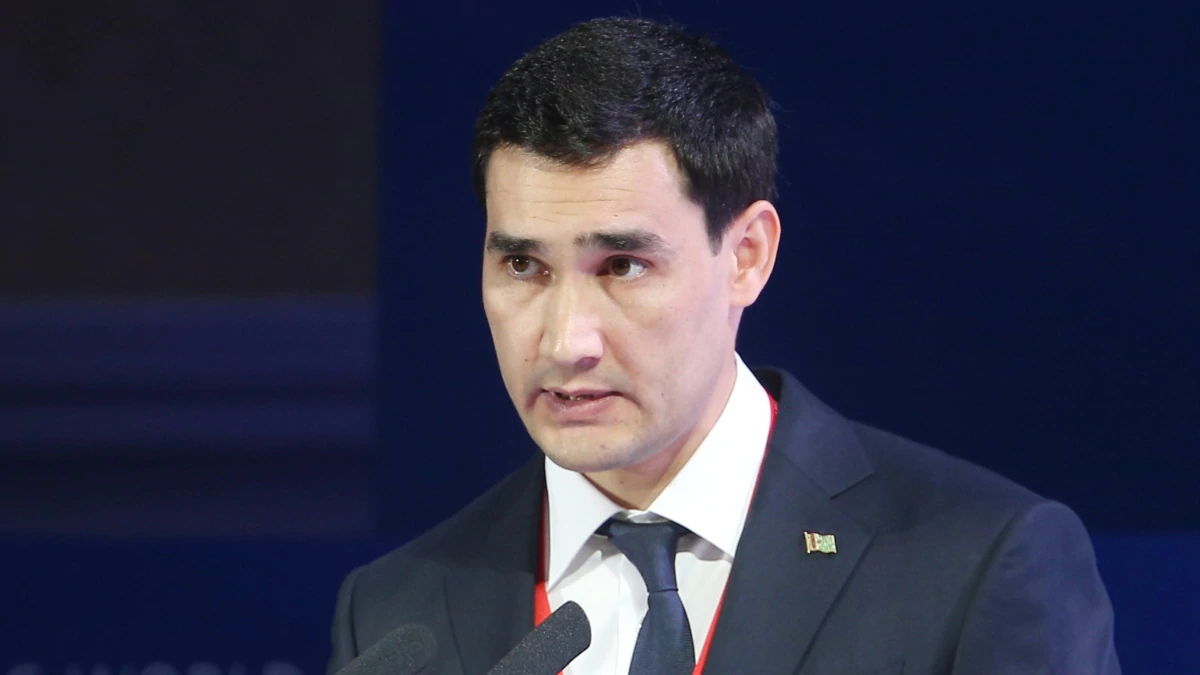
There has been a lot of news coming out of Turkmenistan lately — the president’s heir-apparent son climbed up a few more rungs on the government ladder, a Taliban delegation visited Ashgabat and promised not to hinder the construction of a natural-gas pipeline from Turkmenistan through Afghan territory, and a long dispute with Azerbaijan over ownership of a gas and oil field in the Caspian Sea was resolved.
On this week’s Majlis Podcast, RFE/RL media-relations manager Muhammad Tahir moderates a discussion on what has been happening in Turkmenistan recently and if any of these events signal a change in the country’s future.
This week’s guests are: from Glasgow, Luca Anceschi, professor of Central Asian Studies at Glasgow University and author of the book Turkmenistan’s Foreign Policy: Positive Neutrality And The Consolidation Of The Turkmen Regime; from Moscow, Stanislav Pritchin, an expert on the Caucasus region and Central Asia who is currently a senior research fellow at the Russian Academy of Sciences’ Center for Post-Soviet Studies IMEMO (Institute of World Economy and International Studies); from Prague, Farruh Yusupov, the director of RFE/RL’s Turkmen Service, known locally as Azatlyk; and from Prague, Bruce Pannier, the author of the Qishloq Ovozi blog.
Listen to the podcast above or subscribe to the Majlis on iTunes or on Google Podcasts.
This post was originally published on Radio Free.
-
This post was originally published on Radio Free.
-
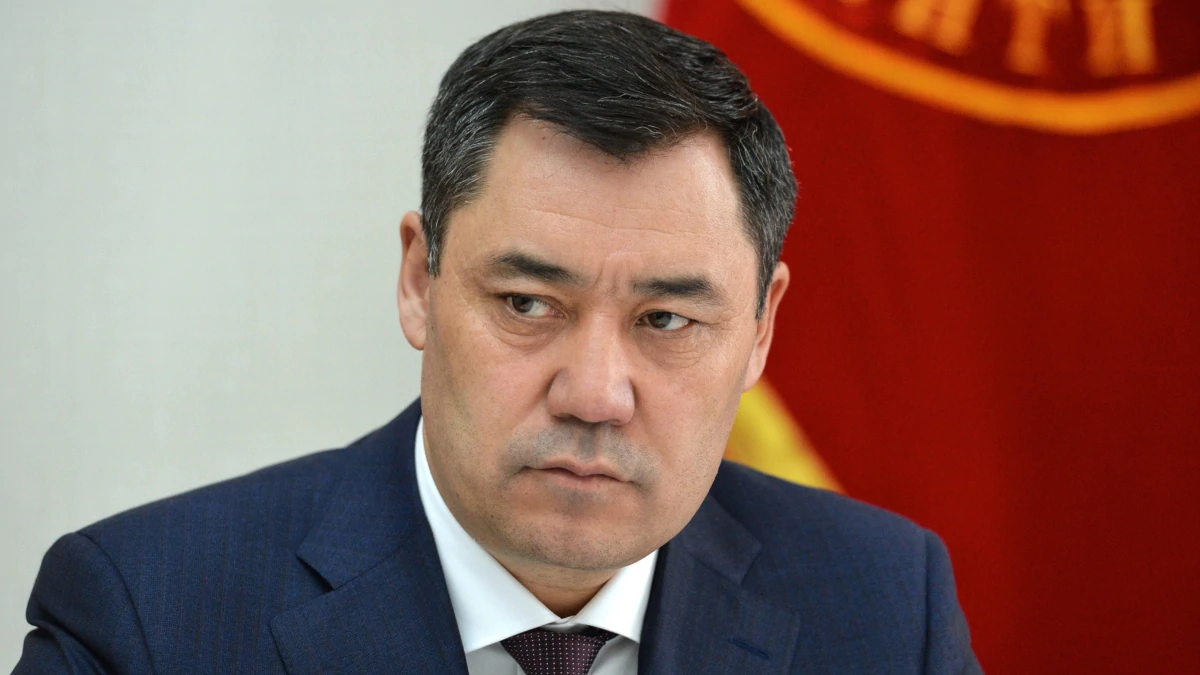
In January, Sadyr Japarov completed his amazing rise from a prison cell in early October to being elected Kyrgyz president.
In between, Japarov promised changes and a new way of governing the country, and changes have been coming fast, to be sure.
On this week’s Majlis Podcast, RFE/RL media-relations manager Muhammad Tahir moderates a discussion on what has been changing in Kyrgyzstan now that Japarov is president.
This week’s guests are: from Bishkek, Saniia Toktagazieva, an expert in constitutional law; from Columbia University in New York City, where she is a PhD candidate, Colleen Wood, who lived in Kyrgyzstan and is a noted author of many articles on the country’s politics; and from Prague, Bruce Pannier, the author of the Qishloq Ovozi blog.
Listen to the podcast above or subscribe to the Majlis on iTunes or on Google Podcasts.
This post was originally published on Radio Free.
-
This post was originally published on Radio Free.
-
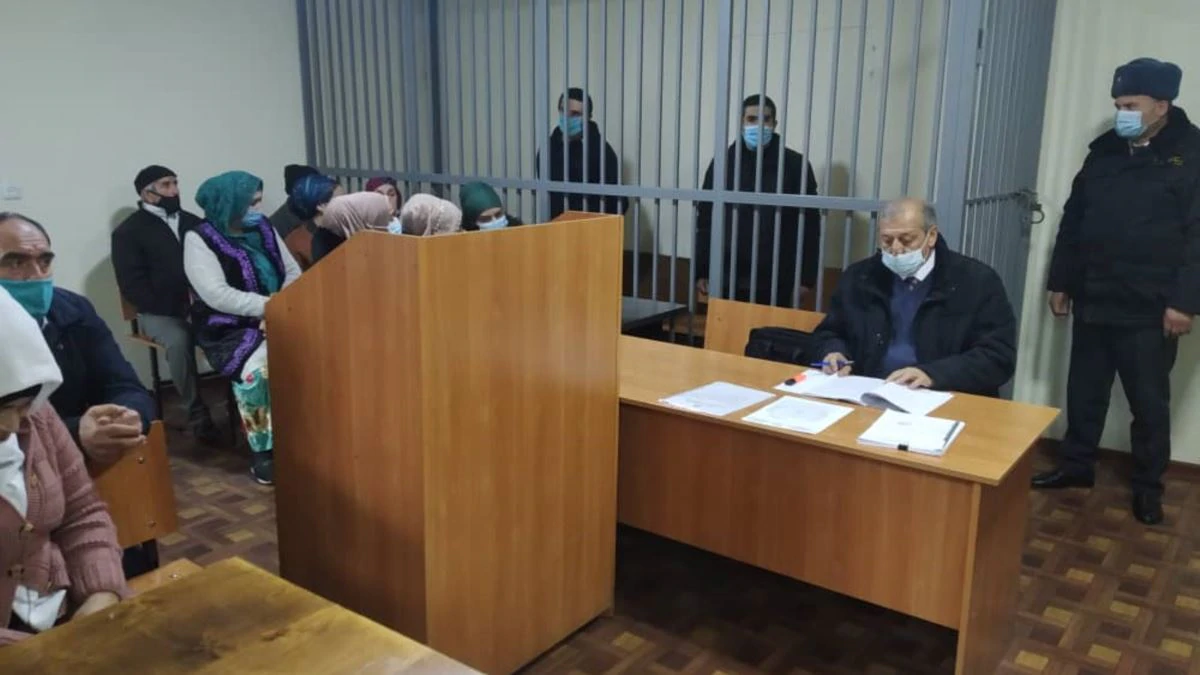
January 24 was the Day of the Endangered Lawyer and an opportunity to remember the many problems some Central Asian attorneys have to face.
In Central Asia, defendants have a right to an attorney, but state-appointed defenders have a reputation for half-hearted work or, in some cases, even supporting the prosecution in convicting their clients.
Being an independent lawyer willing to defend people who for some reason or another are looked upon as a nuisance or threat by the governments of the region is a hazardous occupation.
Some of these attorneys are intimidated or threatened, some are attacked, and some are imprisoned.
On this week’s Majlis podcast, RFE/RL media-relations manager Muhammad Tahir moderates a discussion on the plight of lawyers in Central Asia.
This week’s guests are: Madina Akhmetova, the director of the Dignity public association based in the Kazakh capital, Nur-Sultan; Jasmine Cameron, who is originally from Kyrgyzstan but is now a senior staff attorney at the Human Rights Center of the American Bar Association; from California, Steve Swerdlow, a longtime Central Asia watcher, recently returned from Uzbekistan, and human rights lawyer who is currently an associate professor of human rights at the University of Southern California; and from Prague, Bruce Pannier, the author of the Qishloq Ovozi blog.
Listen to the podcast above or subscribe to the Majlis on iTunes or on Google Podcasts.
This post was originally published on Radio Free.
-

January 24 was the Day of the Endangered Lawyer and an opportunity to remember the many problems some Central Asian attorneys have to face.
In Central Asia, defendants have a right to an attorney, but state-appointed defenders have a reputation for half-hearted work or, in some cases, even supporting the prosecution in convicting their clients.
Being an independent lawyer willing to defend people who for some reason or another are looked upon as a nuisance or threat by the governments of the region is a hazardous occupation.
Some of these attorneys are intimidated or threatened, some are attacked, and some are imprisoned.
On this week’s Majlis podcast, RFE/RL media-relations manager Muhammad Tahir moderates a discussion on the plight of lawyers in Central Asia.
This week’s guests are: Madina Akhmetova, the director of the Dignity public association based in the Kazakh capital, Nur-Sultan; Jasmine Cameron, who is originally from Kyrgyzstan but is now a senior staff attorney at the Human Rights Center of the American Bar Association; from California, Steve Swerdlow, a longtime Central Asia watcher, recently returned from Uzbekistan, and human rights lawyer who is currently an associate professor of human rights at the University of Southern California; and from Prague, Bruce Pannier, the author of the Qishloq Ovozi blog.
Listen to the podcast above or subscribe to the Majlis on iTunes or on Google Podcasts.
This post was originally published on Radio Free.
-
This post was originally published on Radio Free.
-
This post was originally published on Radio Free.
-
Two elections — in Kazakhstan and Kyrgyzstan. RFE/RL’s Media-Relations Manager Muhammad Tahir moderates a discussion looking at what happened — and what might come next.
This post was originally published on Radio Free.
-

The year 2020 will always be remembered as the year the coronavirus appeared and spread across the globe.
The virus exposed weaknesses in every country, particularly in health-care systems, but it also affected trade and tested alliances.
The responses from the five Central Asian countries differed.
This was most evident in their official reporting on registered cases and deaths, where countries such as Kazakhstan and Kyrgyzstan, even though their figures were often questionable, released statistics that showed the countries were facing a serious health crisis, while countries like Tajikistan and Uzbekistan carefully manipulated figures to ensure an outward appearance of controlling the situation. And then there was Turkmenistan, which chose complete denial and continues its farcical claims that the country has somehow been immune to the coronavirus.
How did the five countries fare in 2020 and, with various vaccines being developed and gradually being made available internationally, how does 2021 look for Central Asia?
On this week’s Majlis Podcast, RFE/RL’s media-relations manager for South and Central Asia, Muhammad Tahir, moderates a discussion that looks at these questions.
This week’s guests are: from Kazakhstan, Gaukhar Mergenova, a public-health specialist; from Kyrgyzstan, Ermek Ismailov, a surgeon at the Clinical Hospital Office of the President and Government of the Kyrgyz Republic; and originally from Uzbekistan but currently a senior journalist for RFE/RL’s Uzbek Service, known locally as Ozodlik, and based in Prague, Barno Anvar; and Bruce Pannier, the author of the Qishloq Ovozi blog.
Listen to the podcast above or subscribe to the Majlis on iTunes or on Google Podcasts.
This post was originally published on Radio Free.
-
This post was originally published on Radio Free.
-
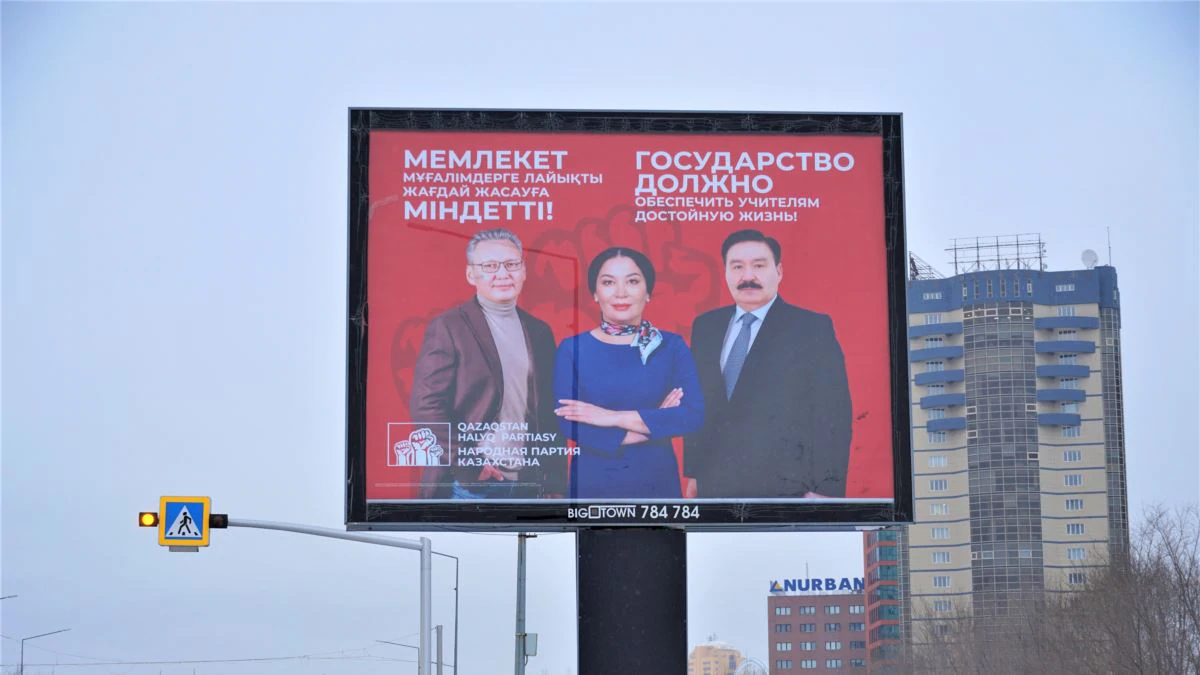
On January 10, Kazakhstan will hold its first parliamentary elections since the country’s longtime president, Nursultan Nazarbaev, stepped down in March 2019.
Nazarbaev remains the head of the Nur-Otan party, which is expected to do well in these elections to the Mazhilis, the lower house of parliament, as it always has since its founding in 1999.
Conspicuously absent from these elections are any political parties that could remotely be called a genuine opposition, despite a pledge from the new president, Qasym-Zhomart Toqaev, about the need for opposition parties to participate in politics.
Political activists are reporting increased harassment in the weeks leading up to elections.
And a new report from RFE/RL’s Kazakh Service, known locally as Azattyq, casts new light on the vast wealth former President Nazarbaev and members of his family have acquired outside Kazakhstan.
On this week’s Majlis Podcast, RFE/RL’s media-relations manager for South and Central Asia, Muhammad Tahir, moderates a discussion on Kazakhstan’s approaching parliamentary elections and what has changed and what looks the same under a different president.
This week’s guests are: from Kazakhstan, Darkhan Umirbekov, Azattyq’s digital editor, who also participated in preparing the report on the Nazarbaev family wealth; Sofya du Boulay, who is researching the study of legitimation, authoritarian durability, and politics in Central Asia and the South Caucasus at Oxford Brookes University; Luca Anceschi, professor of Central Asian studies at Glasgow University and author of the recently published book Analysing Kazakhstan’s Foreign Policy: Regime Neo-Eurasianism In The Nazarbaev era; and Bruce Pannier, the author of the Qishloq Ovozi blog.
Listen to the podcast above or subscribe to the Majlis on iTunes or on Google Podcasts.
This post was originally published on Radio Free.
